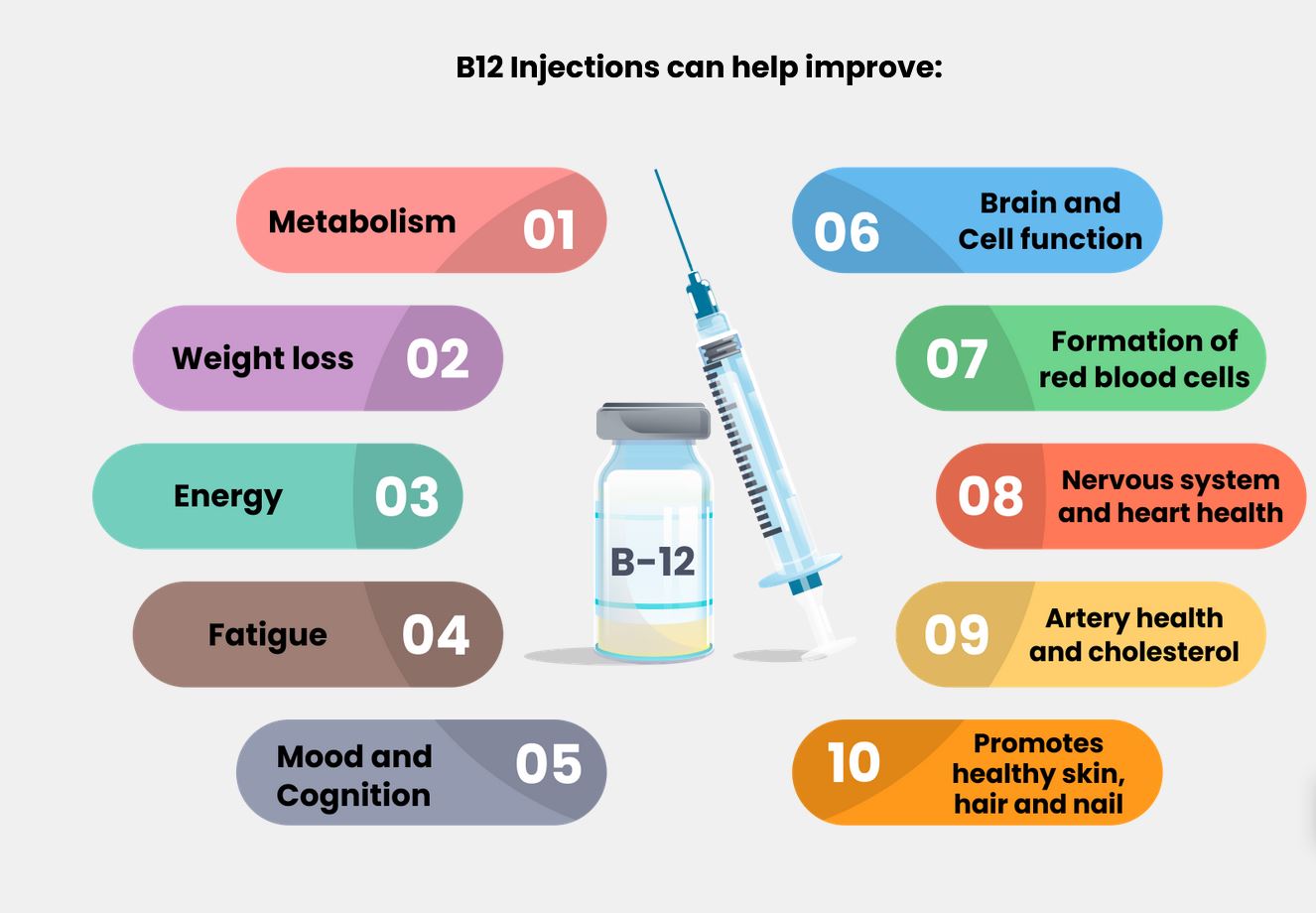
Table Of Contents
Potential Risks and Side Effects
While hormone replacement therapy (HRT) can provide significant benefits for men experiencing low testosterone levels, it is not without potential risks and side effects. Some men may encounter issues such as acne, sleep apnea, and increased breast tissue. Alterations in mood and emotional well-being can also occur, leading to increased anxiety or irritability. These side effects vary in intensity, depending on individual health profiles and the specific dosage of therapy administered. Consulting with qualified specialists is vital to monitor these changes and adjust treatment plans accordingly.
Men's Health Services in various clinics emphasize the importance of regular evaluations to mitigate risks associated with HRT. Another risk involves cardiovascular health. Studies have suggested an increased chance of heart-related issues in some men undergoing testosterone therapy. Additionally, there is a concern regarding the influence of HRT on prostate health, as elevated testosterone levels may stimulate existing prostate conditions. Thorough discussions between patients and healthcare providers help outline the potential trade-offs when considering HRT while prioritizing overall well-being.
Health Considerations to Keep in Mind
Before opting for hormone replacement therapy, it is essential to assess individual health backgrounds comprehensively. Certain pre-existing conditions, such as heart disease, prostate cancer, or liver issues, may complicate therapy. A thorough discussion with a healthcare provider is critical to evaluate risks and benefits. Understanding one's medical history can help shape the treatment plan, ensuring a more personalized approach.
Additionally, lifestyle factors play a significant role in the efficacy of hormone replacement therapy. Maintaining a balanced diet and incorporating regular exercise can enhance overall well-being. Monitoring and managing stress levels also contributes to better health outcomes. Consulting with Men's Health Services in your area can provide valuable resources and support for making informed decisions about treatment and lifestyle adjustments.
Diagnosis and Testing Procedures
To accurately diagnose hormone-related issues in men, healthcare professionals often begin with a comprehensive evaluation of symptoms. This assessment may include discussing changes in energy levels, mood, libido, and physical health. Several blood tests are typically conducted to measure levels of testosterone and other hormones. These tests help to determine if hormone replacement therapy is a suitable option.
Men's Health Services in various clinics emphasize the importance of routine testing to monitor hormone levels. Additionally, they recommend follow-up assessments after initiating treatment to ensure that hormone levels stabilize and that the individual is responding well to therapy. This ongoing monitoring allows healthcare providers to make informed adjustments to the treatment plan if necessary.
How Healthcare Professionals Evaluate Hormone Levels
Healthcare professionals utilize various methods to evaluate hormone levels in men, ensuring an accurate picture of hormonal balance. Blood tests serve as the primary tool. These tests measure testosterone and other hormone levels, offering insights into potential deficiencies or imbalances. Timing is essential; tests are typically conducted in the morning when testosterone levels are highest. A thorough medical history and assessment of symptoms also play a crucial role in understanding an individual's hormonal status.
Men's Health Services in specialized clinics provide comprehensive evaluations for those concerned about low testosterone. Such services often include additional tests to rule out other conditions that could affect hormone levels. Doctors may also consider factors like age, lifestyle, and overall health when interpreting test results. This multifaceted approach helps in formulating a tailored treatment plan that addresses each patient's unique needs.
Lifestyle Changes to Complement Treatment
Integrating lifestyle changes can significantly enhance the effectiveness of hormone replacement therapy in men. Adopting a balanced diet rich in nutrients supports hormonal balance and overall well-being. Incorporating fruits, vegetables, lean proteins, and healthy fats can contribute to improved energy levels. Regular physical activity, including strength training and aerobic exercises, boosts testosterone levels naturally while improving mood and reducing stress.
Men's Health Services in various regions often emphasize the importance of a holistic approach to treatment. Sleep quality plays a crucial role in hormone regulation; thus, ensuring adequate rest can have a positive impact on therapy outcomes. Additionally, managing stress through mindfulness practices or relaxation techniques can help maintain hormonal balance. Attention to these lifestyle factors can lead to a comprehensive strategy that complements medical treatment effectively.
Nutrition and Exercise Recommendations
Nutrition plays a vital role in supporting hormone balance and overall well-being for men undergoing hormone replacement therapy. A diet rich in lean proteins, healthy fats, and complex carbohydrates can enhance energy levels and promote muscle growth. Incorporating fruits and vegetables provides essential vitamins and minerals that contribute to optimal hormonal function. Hydration is equally important, as adequate fluid intake supports metabolic processes and helps in nutrient absorption.
Exercise is another crucial component that complements hormone replacement therapy. Engaging in a balanced routine of strength training and aerobic activities not only improves physical fitness but also aids in managing weight and reducing stress levels. Men's Health Services in various areas often recommend specific exercise regimens tailored to individual needs. Regular physical activity can enhance mood and boost testosterone levels, working synergistically with dietary choices to improve overall health.
FAQS
What is hormone replacement therapy (HRT) for men?
Hormone replacement therapy for men involves the administration of hormones, typically testosterone, to address hormonal imbalances or deficiencies that can occur with age or other health conditions.
What are the potential risks and side effects of HRT for men?
Potential risks and side effects of hormone replacement therapy can include acne, sleep apnea, increased red blood cell count, and an increased risk of heart disease or prostate issues, among others. It's important to discuss these with a healthcare provider.
How do healthcare professionals diagnose testosterone deficiency?
Healthcare professionals typically diagnose testosterone deficiency through a combination of patient symptoms, physical examinations, and blood tests that measure hormone levels.
What lifestyle changes can support hormone replacement therapy?
Lifestyle changes that can complement hormone replacement therapy include maintaining a balanced diet, engaging in regular exercise, managing stress, and ensuring adequate sleep.
Are there specific nutrition recommendations for men undergoing HRT?
Yes, men undergoing hormone replacement therapy are often advised to consume a diet rich in lean proteins, healthy fats, whole grains, and plenty of fruits and vegetables to support overall health and hormone balance.







